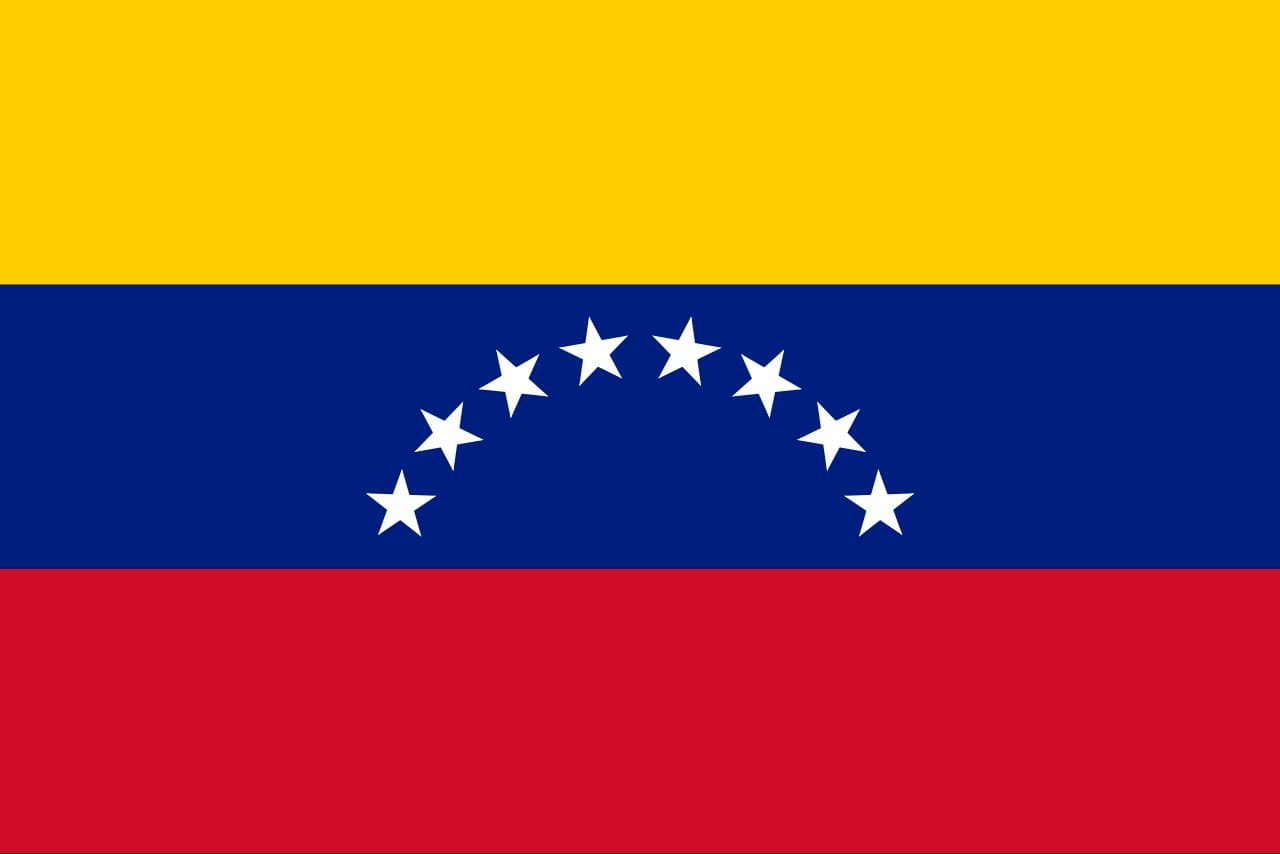By The Global Eye
Published: [Date]
In a significant escalation of tensions, Venezuela has announced a nationwide ban on all drone flights, sales, and training following a provocative $50 million bounty placed on President Nicolás Maduro by former U.S. President Donald Trump. The Venezuelan government stated that only state security and defense forces will be exempt from this sweeping prohibition, which aims to curb potential threats amid rising political instability.
Details of the Ban
The decree, announced earlier today, prohibits all civilian drone activities across the country. This includes both recreational and commercial uses, with the government citing national security concerns as the primary rationale for the ban. The Venezuelan Ministry of Defense emphasized that the decision was made to prevent any unauthorized aerial surveillance or attacks that could destabilize the government.
Venezuela’s drone market has been expanding rapidly in recent years, with many businesses and individuals utilizing the technology for various purposes, including agriculture, surveillance, and delivery services. The new regulations will likely have a profound impact on these sectors, potentially stifling innovation and economic activities related to drone technology.
Implications of the Bounty
The $50 million bounty, announced by Trump in a recent interview, is seen as a direct challenge to Maduro’s regime, which has been accused of significant human rights violations and involvement in international drug trafficking. The former president"s remarks have intensified scrutiny on Venezuela, already facing severe economic and humanitarian crises.
Experts believe that this bounty could lead to increased violence and unrest within Venezuela. "The government"s reaction to external threats often involves heavy-handed tactics, and this could exacerbate the already volatile situation," warned political analyst María Elena González. Furthermore, the ban on drones may be interpreted as a government effort to consolidate control over the airspace and prevent any potential uprisings.
What Comes Next for Venezuela?
As the Venezuelan government implements this ban, attention will shift to how it affects various stakeholders, including local businesses and international observers. The government has indicated that it will ramp up surveillance and enforcement measures to ensure compliance with the ban, potentially leading to confrontations with civilians and businesses that rely on drones.
Analysts are closely monitoring the situation, as it may prompt further international responses. The U.S. and its allies could increase diplomatic pressure or sanctions against the Maduro regime if tensions escalate. The situation remains fluid, and developments are expected in the coming days as the government clarifies the specifics of the drone ban and its enforcement strategies.
For related coverage on similar situations, see our article on DOJ Transfers Jeffrey Epstein Files to Congress Amid Scrutiny.



![[Video] Gunfire between Iraqi security forces and Sadr militias in Baghdad](/_next/image?url=%2Fapi%2Fimage%2Fthumbnails%2Fthumbnail-1768343508874-4redb-thumbnail.jpg&w=3840&q=75)
